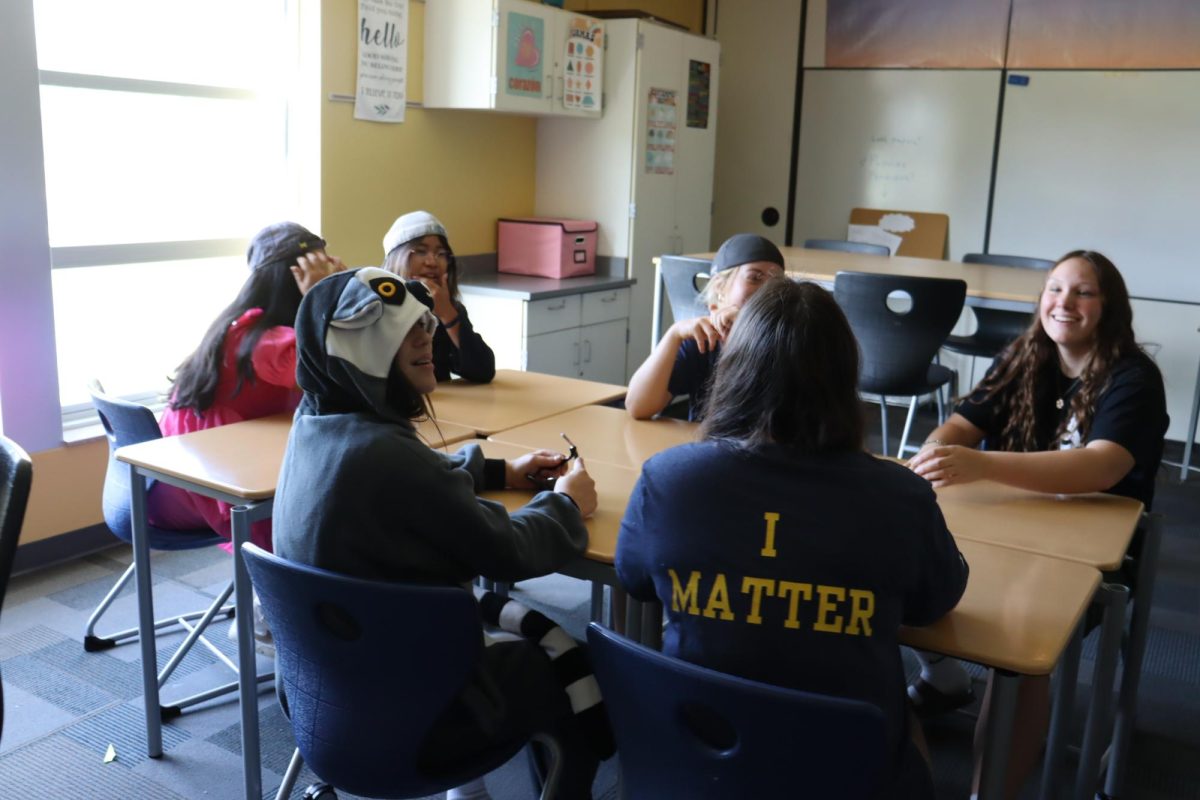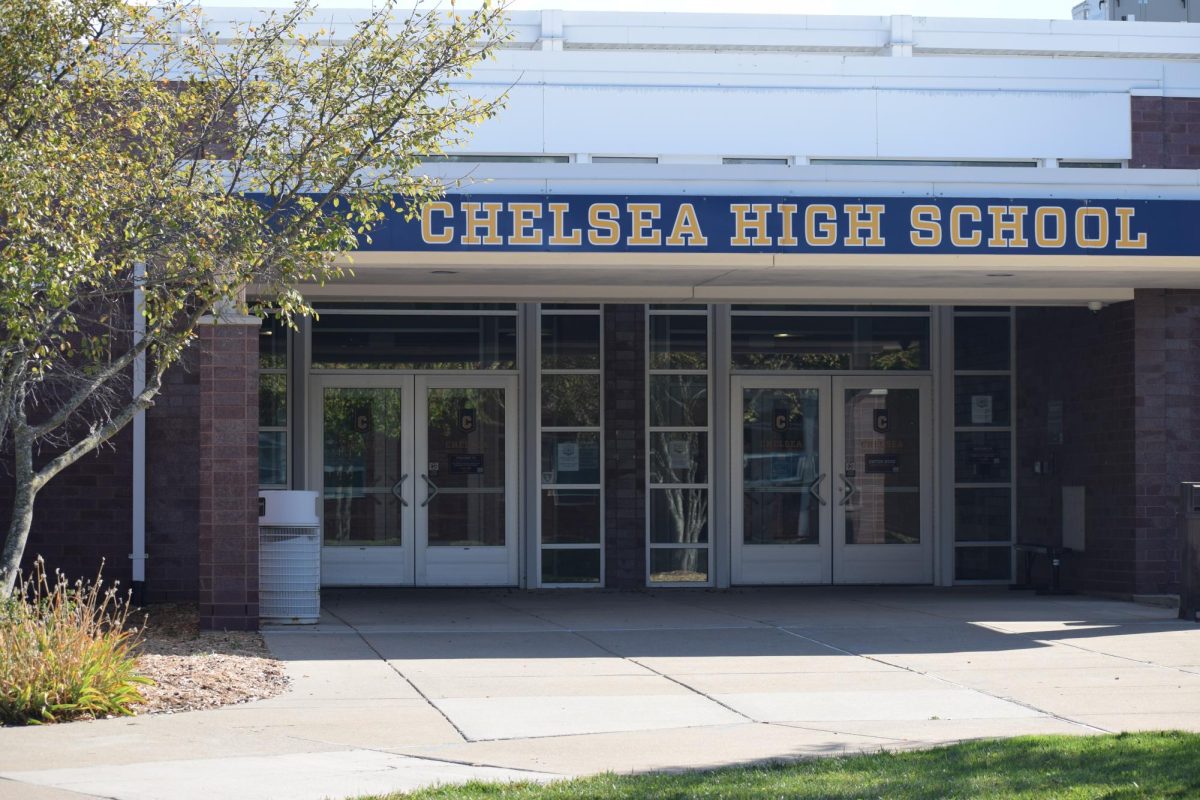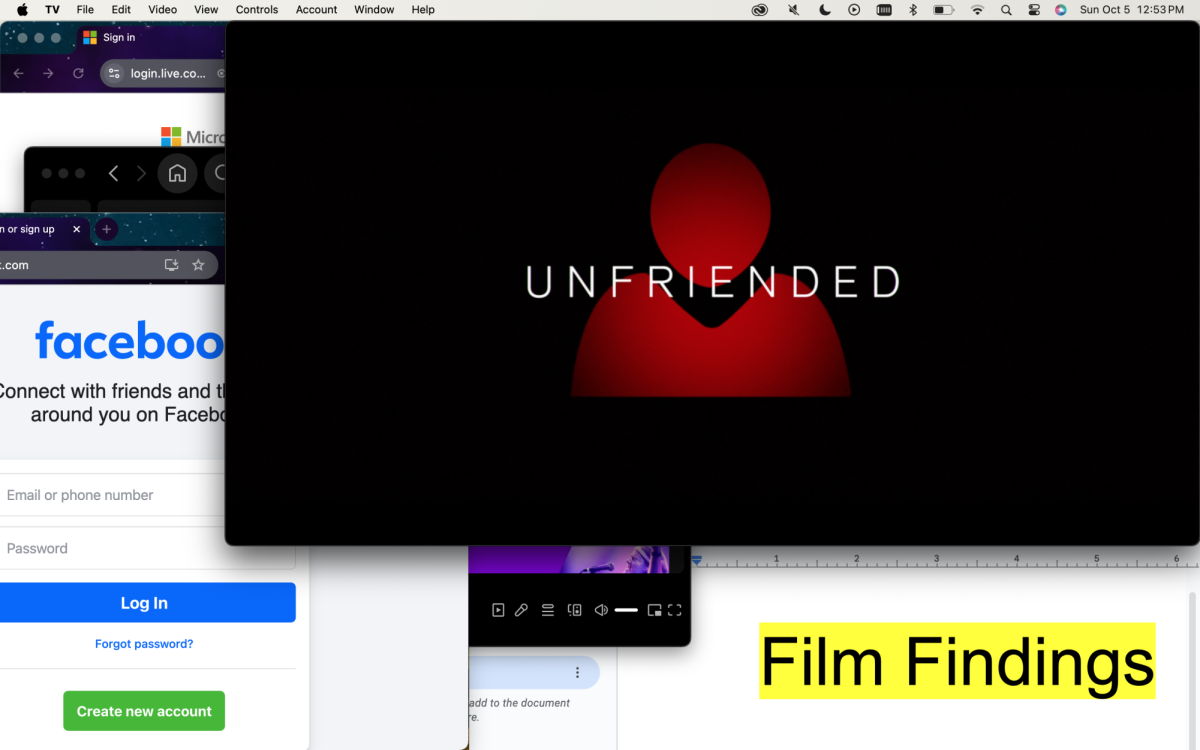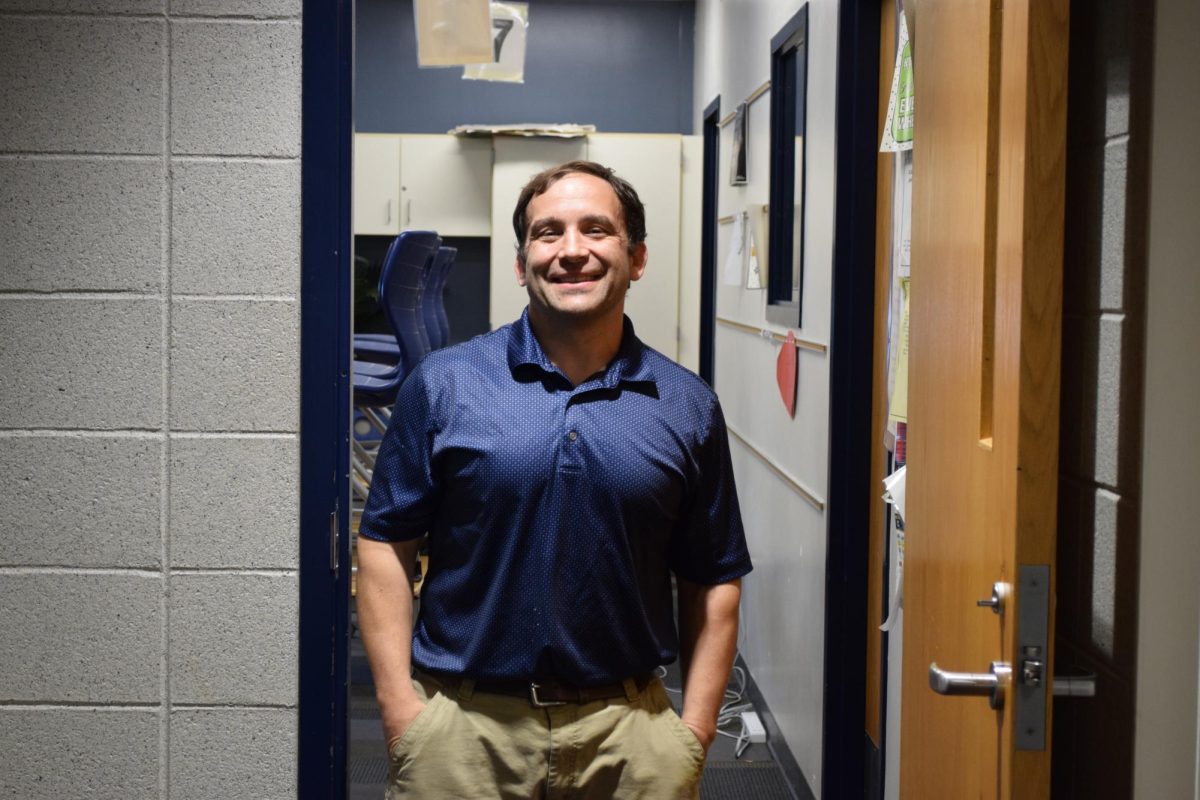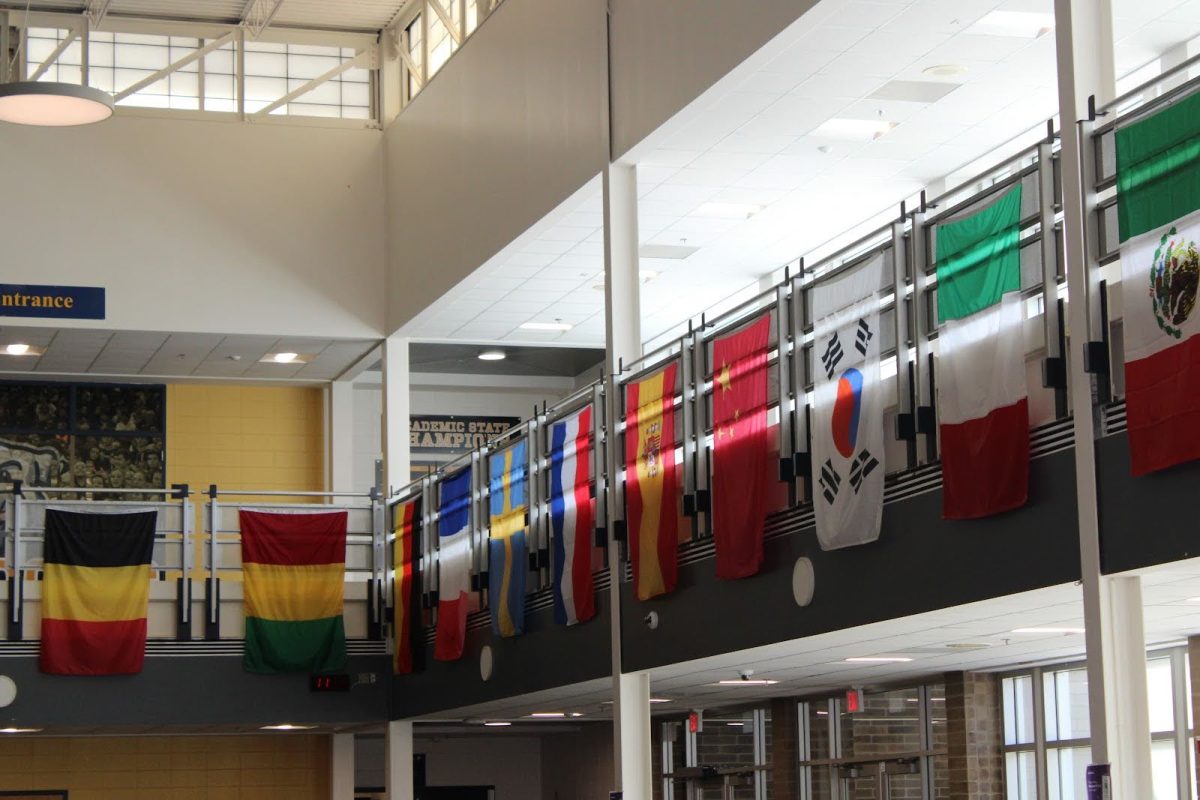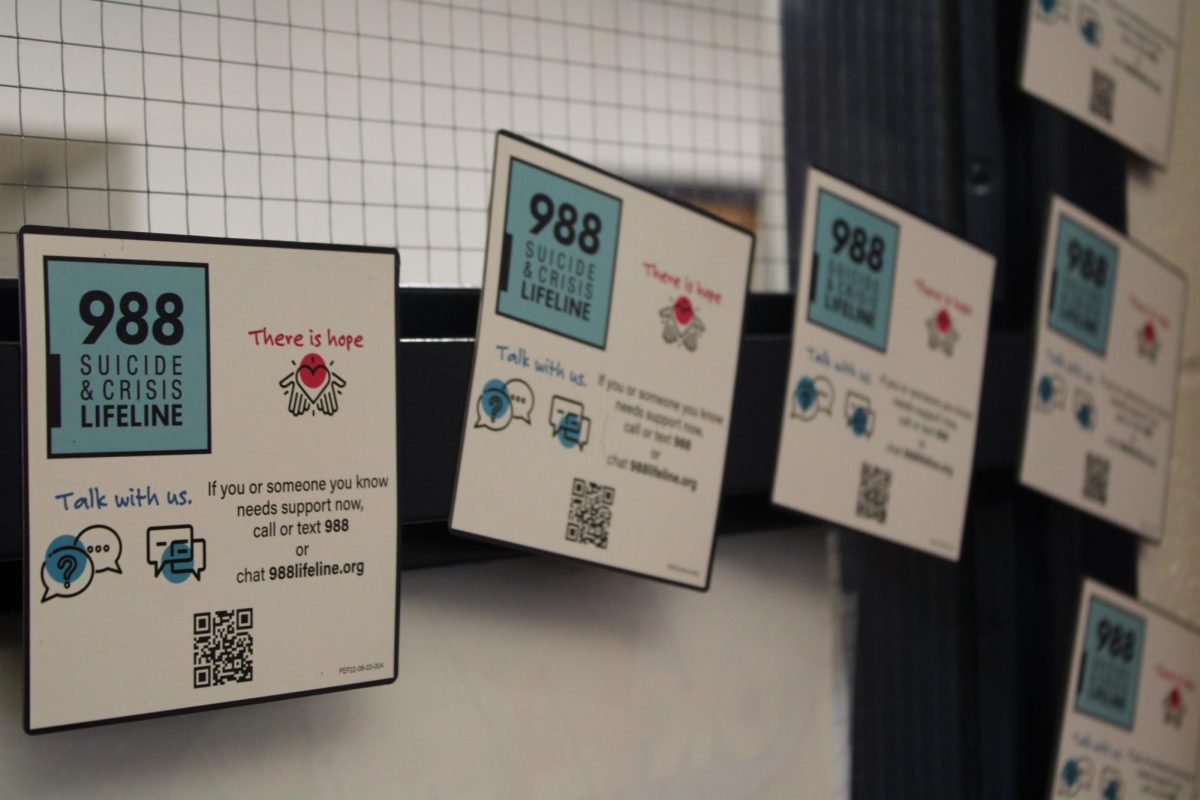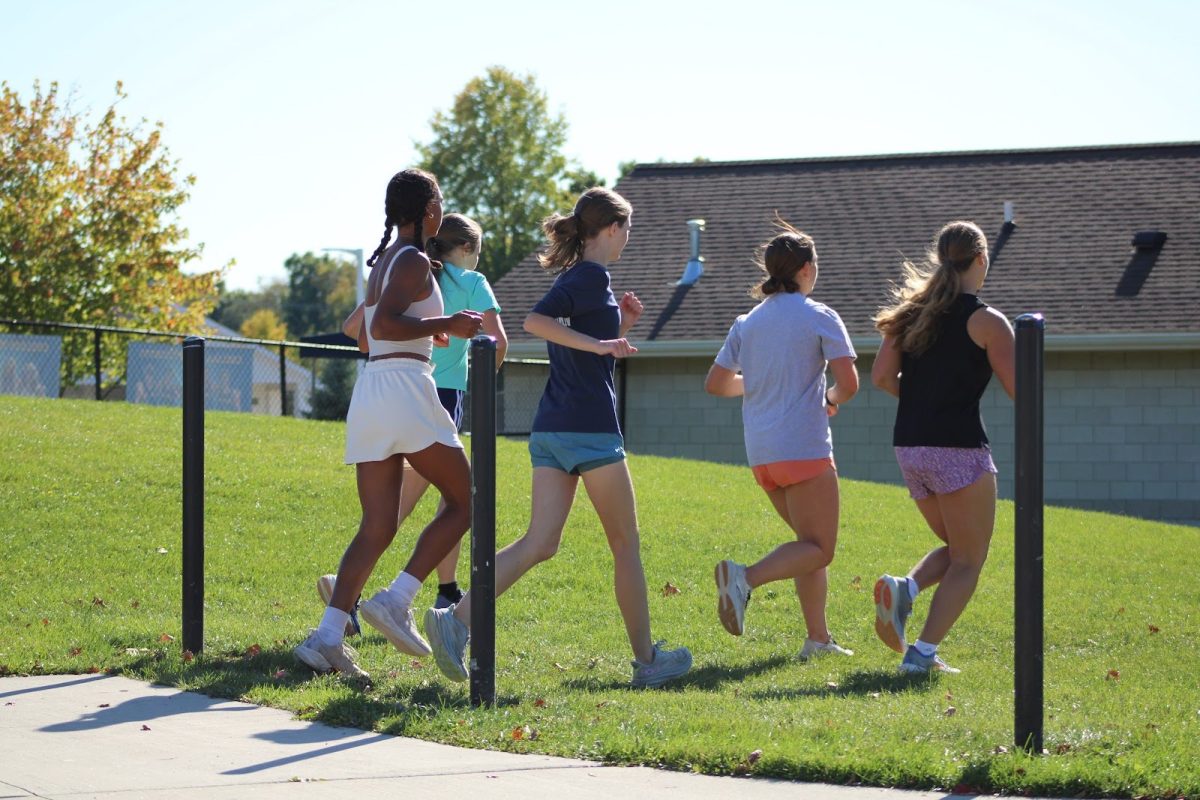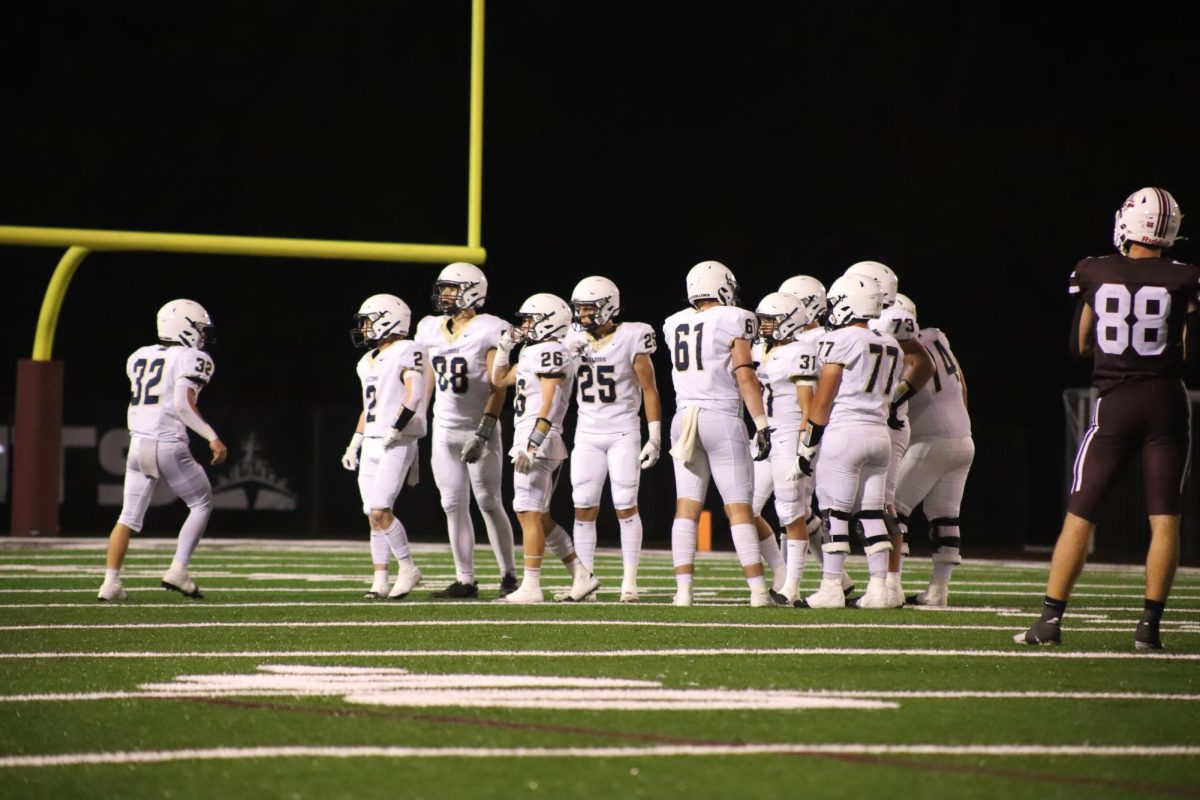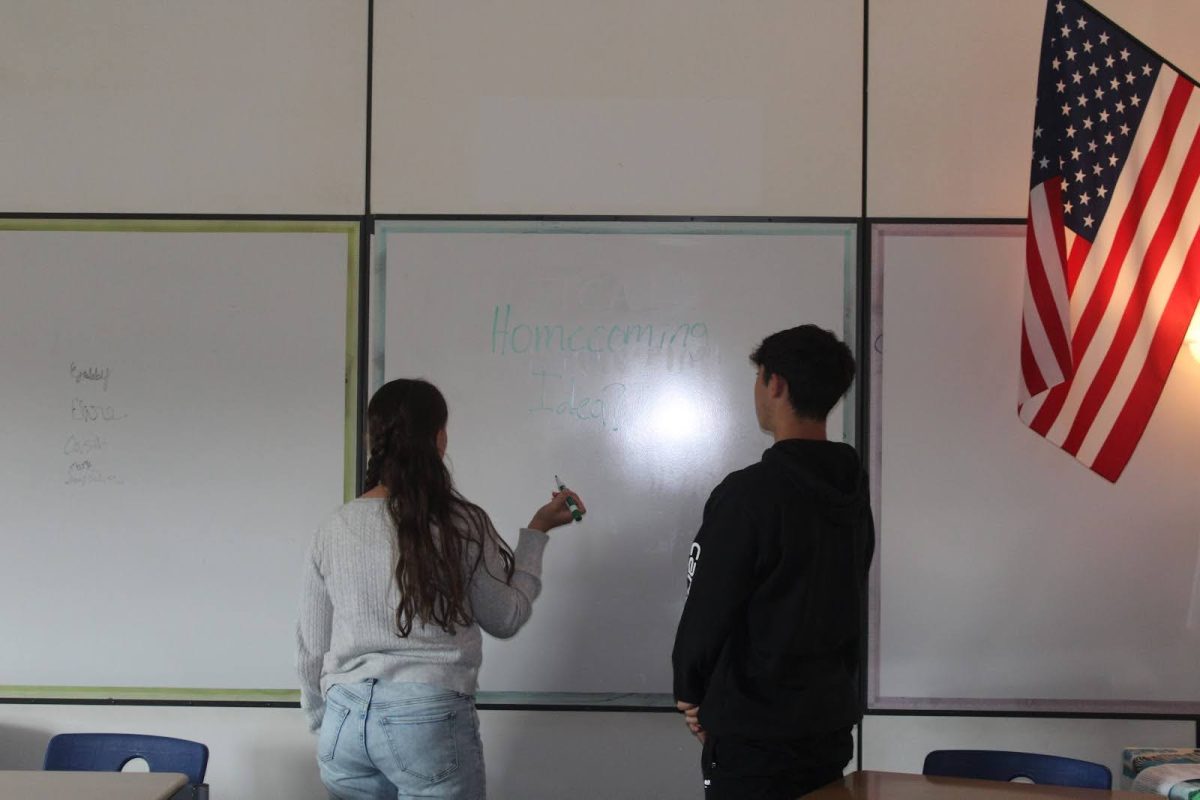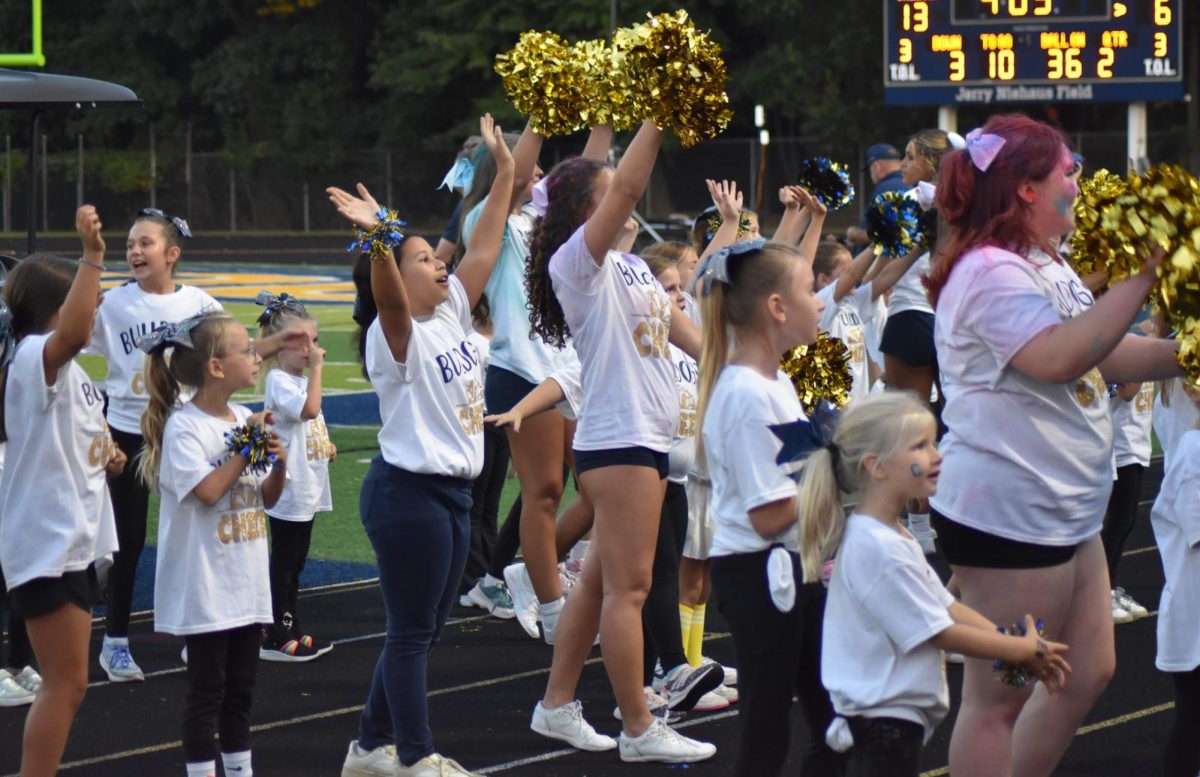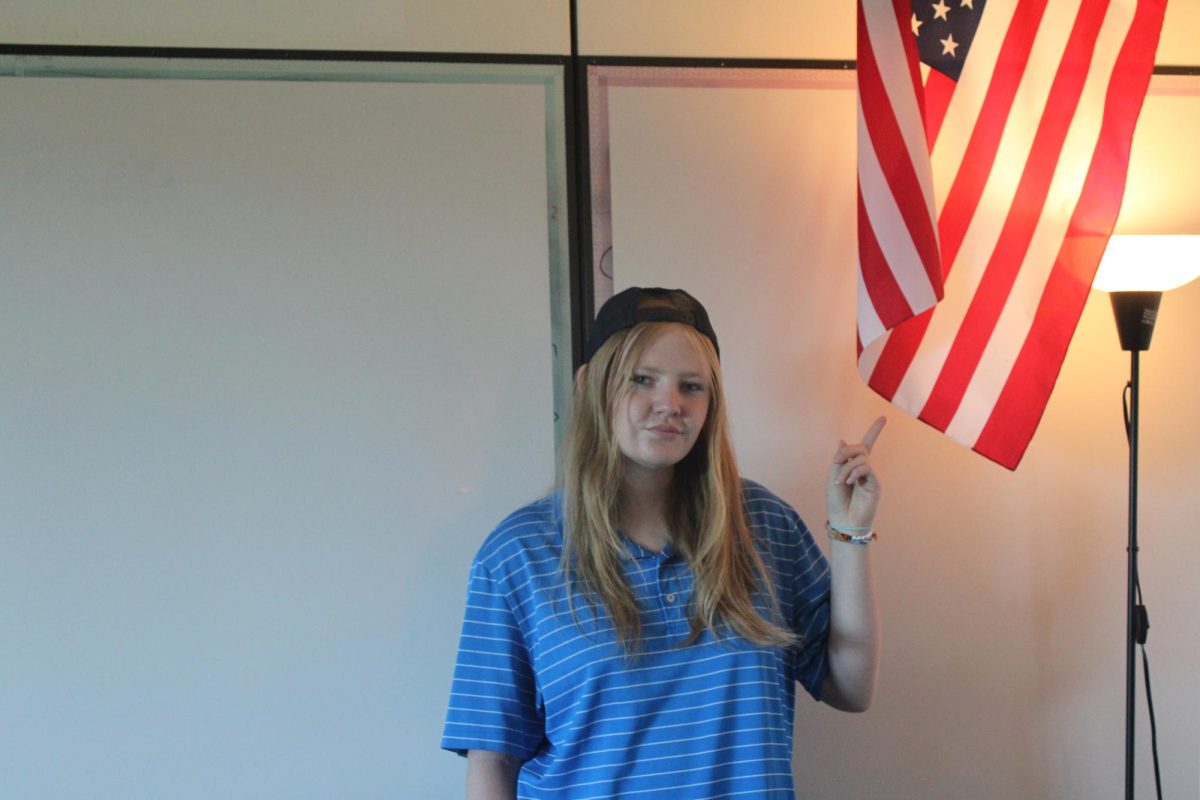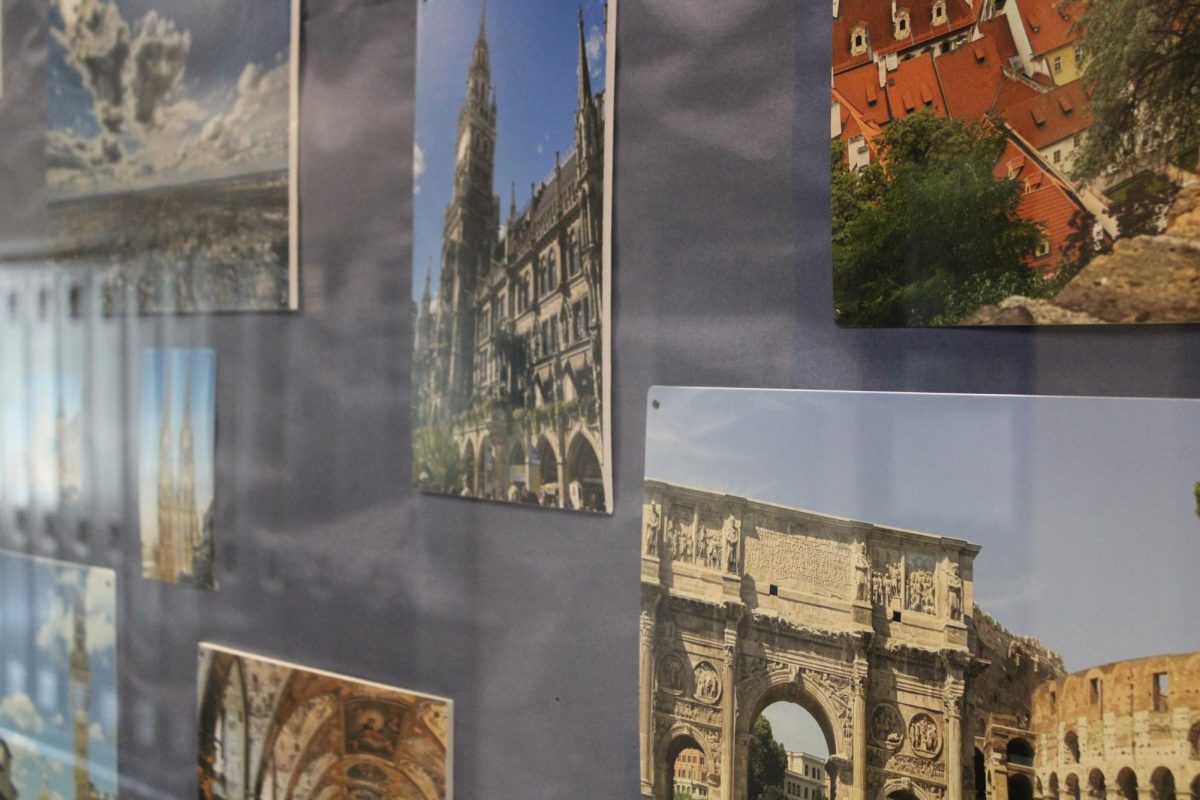Studying abroad as an exchange student is a unique opportunity that allows teens to be immersed in different cultures. Someone might choose to become a foreign exchange student for many reasons, such as wanting to improve their English, meet new people, and explore new environments.
This year, Chelsea High School is hosting ten exchange students, all with various backgrounds and experiences. However, we are primarily shown the glamorous side of the exchange student experience; we rarely hear about the more rough and challenging side of things when it comes to the transition from one atmosphere to another.
“For me, I think the hardest thing was leaving my friends and my family and coming to a country where it’s not my language.” Sophomore Charlie Bianchi, who came to Chelsea from France, said Senior Nuria Puig Fuentes, who is an exchange student from Spain, agrees: “It’s also been hard because the lifestyle here is very different,” Puig Fuentes said. “It’s very sports-centered, and people only know each other from sports, so I think everybody has their own little group, so it’s harder to make friends.”
The struggles of becoming an exchange student did not only begin after they arrived here. They began much sooner. According to Chelsea High School vice principal Andrea Franco, the process of becoming an exchange student can take anywhere from weeks to months to complete.
“All the students have to go through a very lengthy application process, and after that is done, we have to go through their transcripts, a virtual interview, and discuss schedules and extracurricular activities,” Franco said. “We also have to discuss as a faculty team if they are able to come to CHS. After that, we set them up with language and cultural support.”
Adding to the already present challenge of coming to a new country, the difference in culture and lifestyle has also had a major impact on students’ daily lives.
“In Brazil, the teachers rotate [classrooms] instead of students, and here, students rotate instead of teachers, so that is kind of different,” Senior Hideki Shimada Galvao said. Both of the sophomore exchange students from Spain, Ana De La Parte Soto and Andrea De Udaeta Comella, agree that the food culture in America is also a big change from Spain. “I got to the airport, and the first thing [my host family] gave me was a burger. Then I arrived at the house, and we had pizza for dinner, so that was very different,” De La Parte said. “In Spain, lunch is also bigger than dinner, and here, dinner is bigger than lunch, so that’s a bit different,” De Udaeta Comella said.
There are also many benefits to becoming an exchange student, as it can help students experience and learn many things that many wouldn’t get to experience in their day-to-day lives.
“I want to be more open-minded and learn to meet new people. Because if you’re always dealing with the same people, then you’re used to it, and going to a different country makes you actually make the effort to socialize and meet new people,” the sophomore Spanish exchange student Martina Mayo Moreno said.
Many students are also very excited for the upcoming events at CHS. “I’m excited for the football games and now homecoming. It’s just like the movies,” said Bianchi. Many students are joining clubs and sports as well. “I’m playing soccer,” said Hideki Shimada Galvao. “It’s been a nice time, and I enjoy it. After winter, I think I would like track and field as well. I’m on the cross country team; they are really nice, and so it is really fun to be with them.”
While many of these students had a challenging transition to CHS, it has opened a world of opportunities for them.Yasmin Maciel Bragaput it best when she said, “It’s important to experience things and know people all over the world.”


